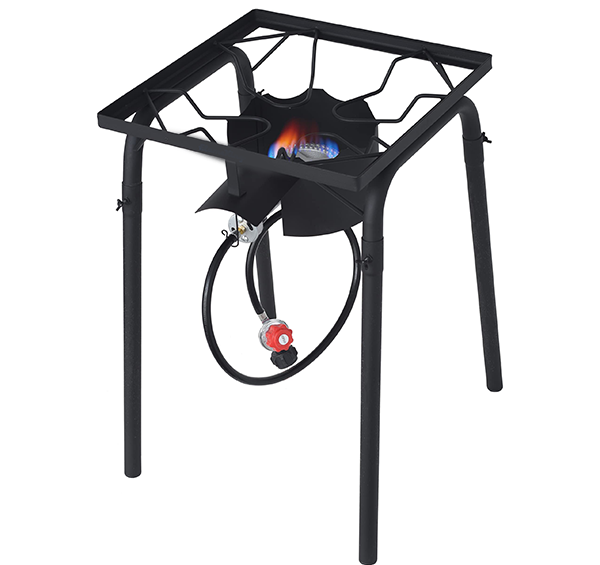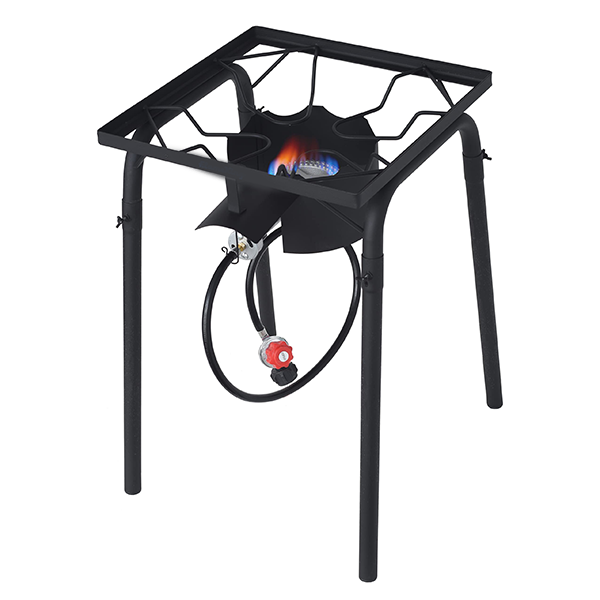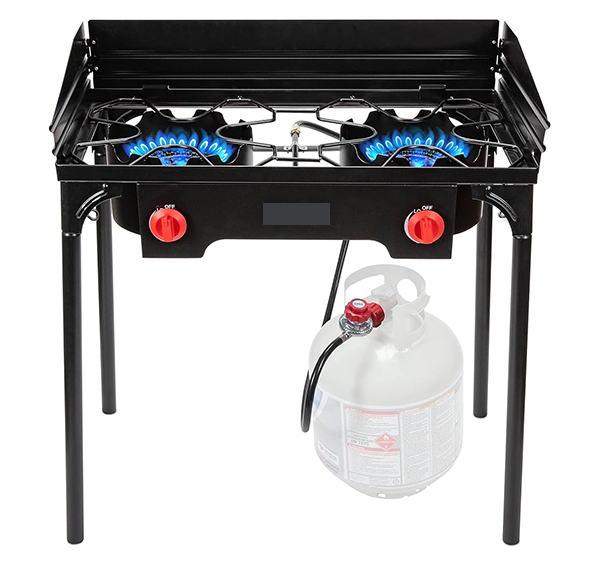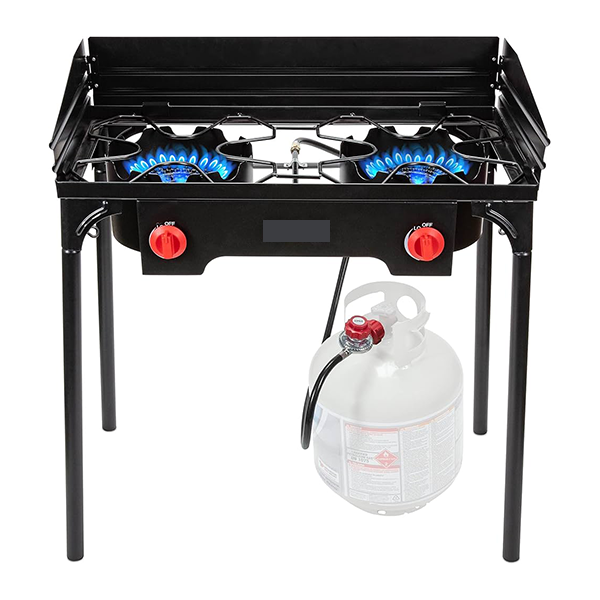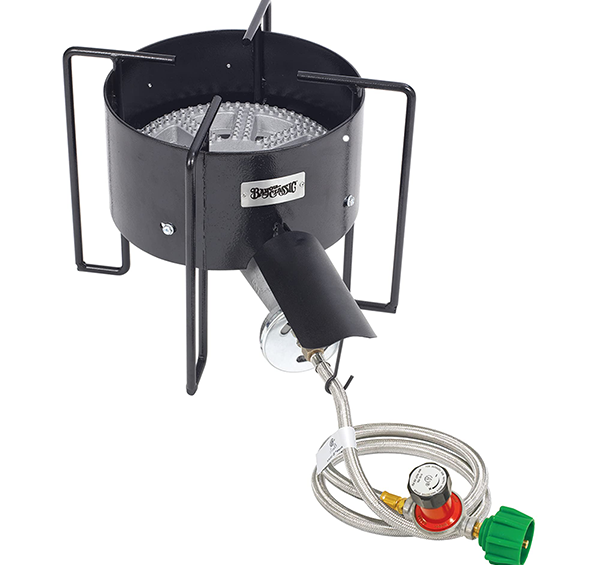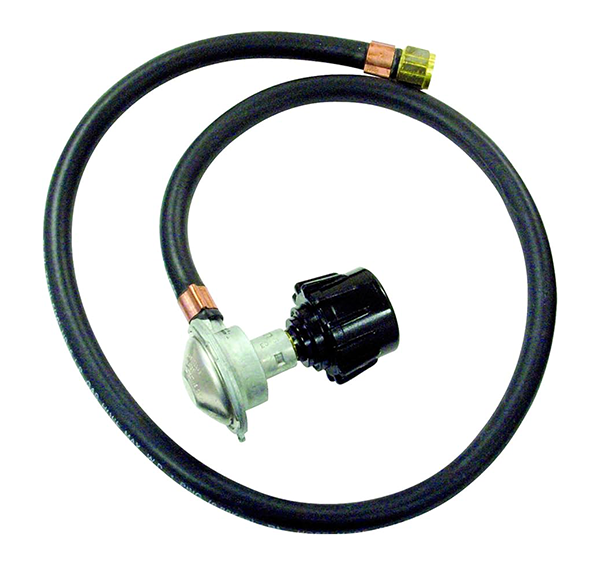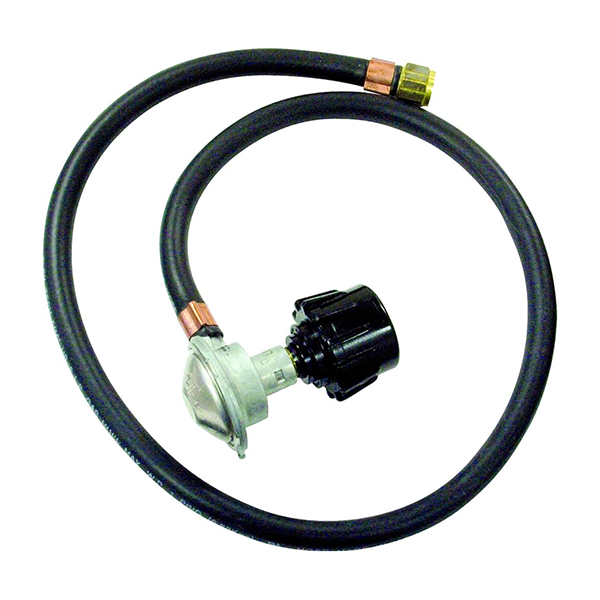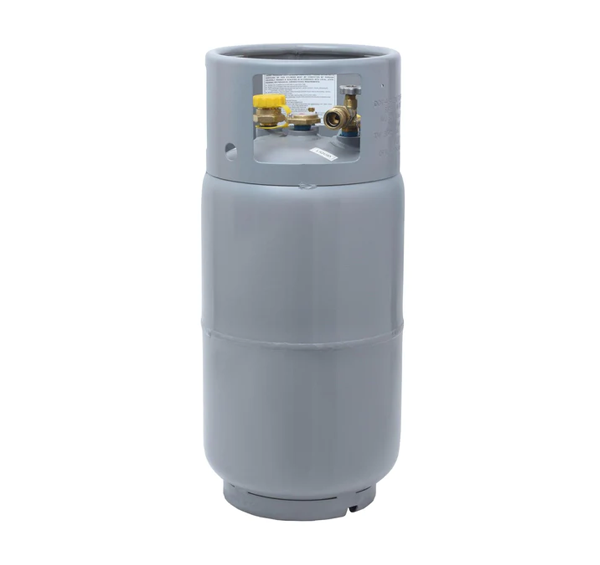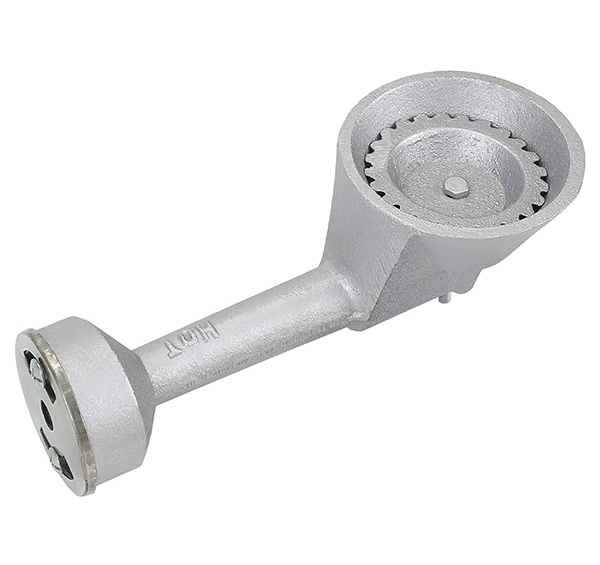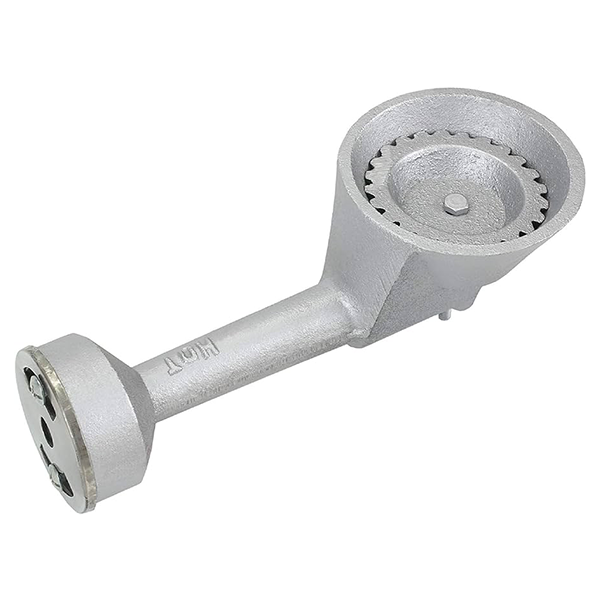Understanding Propane Fittings and How to Use Them Effectively
Propane fittings are essential parts for safely connecting propane tanks to appliances and systems. Whether you’re using small propane tanks for preparing meals or a larger one for heating your home, understanding these fittings and how to use them is important for smooth operation.

Propane Fittings and Their Uses
- 90 Degree Propane Fitting
This type of fitting allows for a sharp turn in your propane system. It is ideal for tight spaces or when you need to redirect the flow of propane efficiently.
- Tee Fitting
A tee fitting branches off your propane line, creating multiple connections from a single source. This is a handy fitting in situations where you need multiple connections of propane to reach different appliances simultaneously.
- Gas Nipple
The gas nipple is a short, threaded pipe used to connect various propane components securely. It ensures a tight seal which prevents leaks.
- Propane Splitter
A propane splitter functions similarly to a tee fitting but is designed specifically to split propane flow evenly between two lines or appliances. This fitting is useful for evenly distributing propane to multiple devices.
- Gas Flare Fitting
This fitting features a tapered end that creates a tight seal when connected to a flare nut. It’s commonly used in propane systems for its leak-proof design.
- Full Flare Nut
The full flare nut complements the gas flare fitting as it provides a secure connection between components without the risk of leaks.
- ACME Connector
An ACME connector is a standardized fitting used in propane tanks and appliances, ensuring compatibility and safe connections across different brands and models.
- Pushing Fitting
This type of fitting allows for quick and easy connections without using any tools. Simply push the fitting onto the propane line for a secure attachment.
- Gas Orifice Connection
Found in propane appliances like heaters and stoves, the gas orifice connection regulates the flow of propane, maintaining consistent performance and efficiency.
Matching Correct Propane Fittings to Your Propane Tank
Different tanks may have varying valve types and thread sizes, so it’s crucial to match your fitting accordingly. For instance, a 100 lb propane tank may require a different fitting than a smaller cylinder used for portable grills.
Before purchasing fittings, check the specifications of your propane tank, such as valve type (e.g. ACME, POL) and thread size (e.g. 3/8 inch, 1/2 inch). This ensures a smooth connection and prevents potential leaks or fitting issues down the line. If you’re unsure, consult with your propane supplier to determine the correct fittings for your setup.
Safety Tips for Working with Propane Fittings
Working with propane fittings requires attention to safety to prevent accidents. Here are some essential tips to keep in mind:
- Inspect Fittings Regularly: Inspect your propane fittings for signs of damage and corrosion. Replace any worn-out fittings immediately to avoid leaks.
- Use Teflon Tape: When connecting threaded fittings, apply Teflon tape to the threads to create a tight seal. This helps prevent gas leaks at connection points.
- Follow Manufacturer Guidelines: Always follow the manufacturer’s instructions for installing and using propane fittings. Improper installation can lead to hazards or equipment malfunction.
- Store Propane Safely: When not in use, store propane tanks and fittings in a well-ventilated, upright position away from heat sources or ignition points.
Conclusion
By understanding propane fittings and following safe methods, you can enjoy efficient and safe propane usage for various applications. Remember to consult professionals for guidance or assistance when needed, especially when dealing with complex propane systems or installations. With the right fittings, propane can be a reliable and convenient energy source to fulfill your needs.

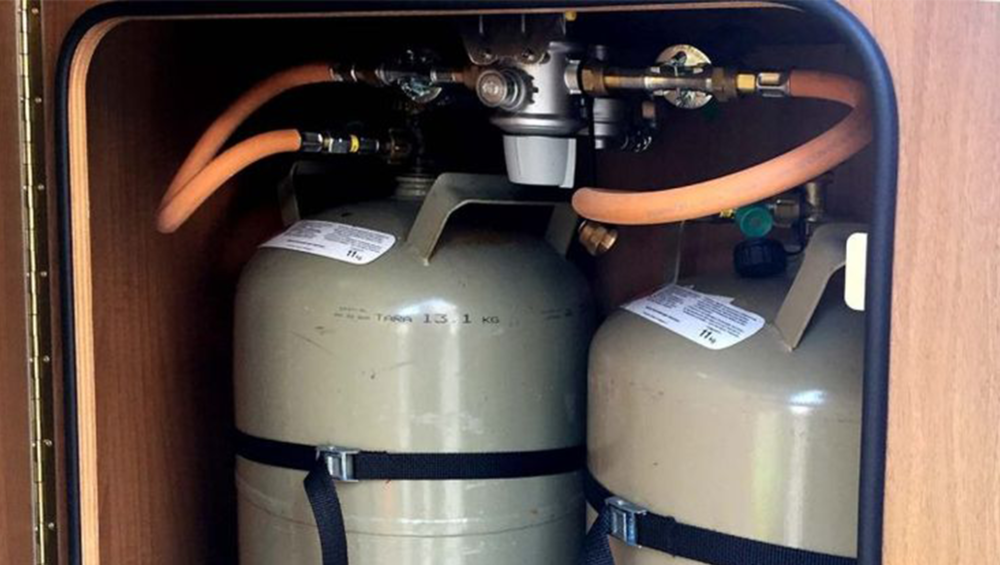
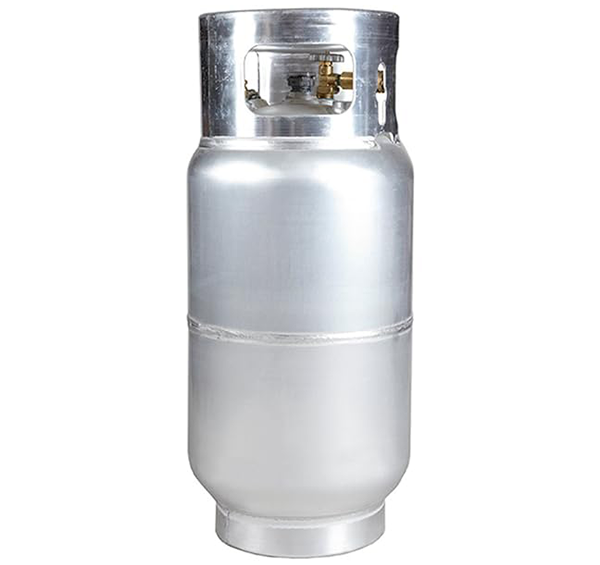
 Ensuring Safety Compliance
Ensuring Safety Compliance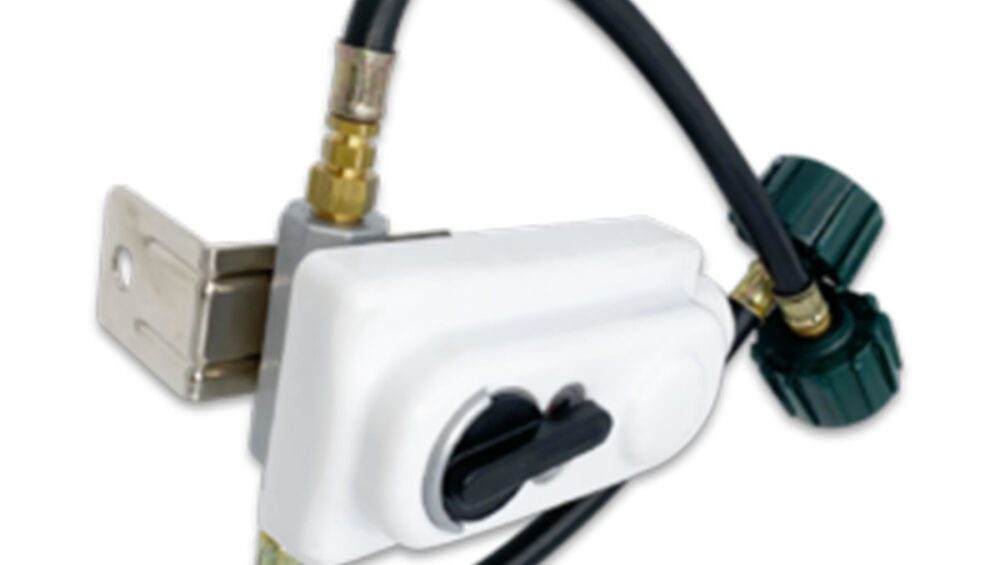
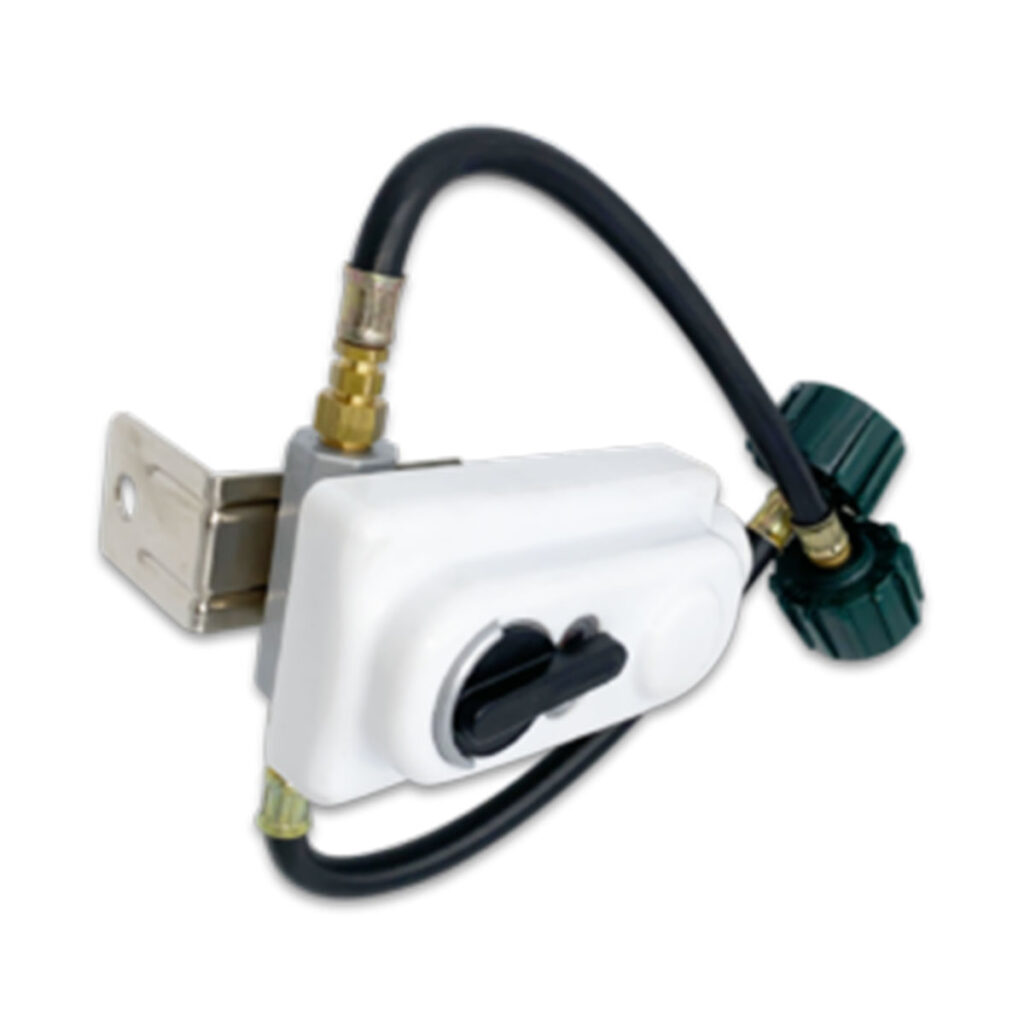 Components of a Propane Regulator
Components of a Propane Regulator